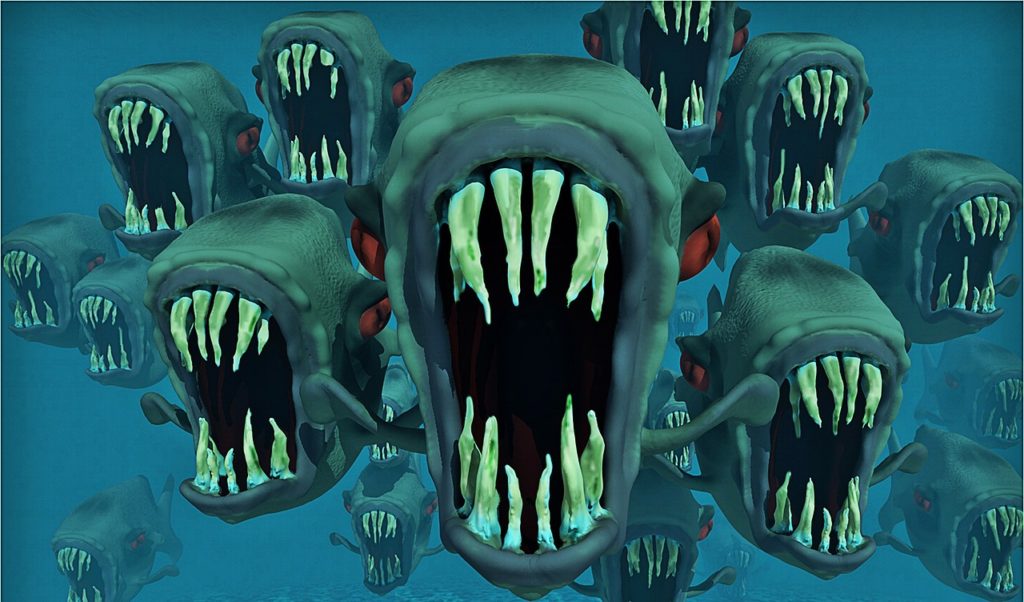
Introduction
This Viva targets anxiety disorders as well as culture
Student Instructions
LEARNING OBJECTIVES TESTED:
- The principles of assessment and management of common psychiatric and psychosocial problems
- The significance of culture in assessing and managing mental health conditions
- Ability to explain common disorders effectively to patients
FORMAT: CLINICAL VIGNETTE, VIVA-BASED DISCUSSION WITH EXAMINER
Scenario: You are an intern in the Emergency Department doing a night shift. There are two other doctors on shift, a Resident and an Advanced Trainee. You have been handed over care of a patient Steven, who is a 23 yo electrician apprentice working for a coal mining company. Steven arrived by ambulance earlier that afternoon with acute chest pain, palpitations, dizziness, shortness of breath, nausea and reported a “tingling sensation” down his limbs. He had an ECG and relevant medications. No cardiac or other medical cause has been found. The ED team suspect that it may have been a panic attack. You are now seeing Steven to talk about his medical results and presentation and possible diagnosis.
The examiner will ask you a series of questions:
Commencing with
“What further history would you obtain to confirm the provisional diagnosis of a panic attack?”
Examiner Instructions
ALLOW A MAXIMUM OF 3 MINUTES PER QUESTION TO ENSURE CANDIDATE HAS SUFFICIENT TIME TO ATTEMPT EACH QUESTION.
- What further history would you obtain to confirm the provisional diagnosis of a panic attack?
- How would you assess the impact the problem has been having on Steven’s life?
- Discuss what other mental health problems you would consider important to assess in this case? Why?
- You suspect from your history that Steven has Panic Disorder. How would you explain this diagnosis to Steven?
- Steven tells you that he is an Aboriginal person and that his mother recently died from a heart attack. How would this affect your approach to assisting Steven?
- Describe a type of therapy that has been shown to be effective in Panic Disorder.
Actor Instructions
ALLOW A MAXIMUM OF 3 MINUTES PER QUESTION TO ENSURE CANDIDATE HAS SUFFICIENT TIME TO ATTEMPT EACH QUESTION.
- What further history would you obtain to confirm the provisional diagnosis of a panic attack?
- How would you assess the impact the problem has been having on Steven’s life?
- Discuss what other mental health problems you would consider important to assess in this case? Why?
- You suspect from your history that Steven has Panic Disorder. How would you explain this diagnosis to Steven?
- Steven tells you that he is an Aboriginal person and that his mother recently died from a heart attack. How would this affect your approach to assisting Steven?
- Describe a type of therapy that has been shown to be effective in Panic Disorder.
Additional Instructions
Nil
Assessment Guidelines
CHECKLIST – MEANT AS GUIDE ONLY
QUESTION 1 – HISTORY TAKING
- Awareness of screening for co-morbid mental health conditions eg anxiety disorders- eg GAD, agoraphobia, social phobia, as well as mood disorders, psychosis.
- Enquires about Aboriginal Status
- Enquires about substances, including alcohol, cigarettes and illicit substances (e.g. stimulants, THC).
- Enquires about suicidal thinking.
QUESTION 2 – IMPACT ON LIFE
- Consider whether there is an impact psychologically – is the anxiety leading to other fear, does he fear having a panic attack, is there presence of other psychological problems?
- Consider impact on work and occupational function
- Consider impact on relationships and family
- Consider impact on social activities
- Is there anything that Steven is avoiding in order to cope with the problem?
- Is Steven doing anything to counter the problem e.g. exercising, relaxation, using alcohol?
QUESTION 3 – OTHER MENTAL HEALTH PROBLEMS
- Consider other anxiety disorders
- Consider depression as possible comorbid problem
- Consider impact of substances, including alcohol and nicotine as well as illicit and possibly benzodiazepines
- Consider whether there is presence
QUESTION 4 – EXPLANATION OF DIAGNOSIS
- Done in lay terms that can be understood
- Panic Disorder is common
- Panic Disorder is treatable
- Explanation of interplay between physical symptoms, thoughts, emotions and establishment of safety behaviours or avoidance which reinforce idea of having a panic attack
- Reference to evolutionary mechanisms e.g. flight and fright i.e. panic is normal in some circumstances but can become abnormal
QUESTION 5 – SIGNIFICANCE OF ABORIGINAL STATUS AND MOTHER’S DEATH
- Studies have shown that Aboriginal people are more prone to higher rates of psychological distress because of a range of factors including: social exclusion, discrimination, stigma and trauma
- It is likely that involvement of family will be of particular importance
- Assistance may be available from an Aboriginal Health Worker particularly in arranging for ongoing care
- Steven may also be grieving
- Steven and/or his family may feel trauma or loss from mother’s death (it could have occurred in this hospital) and may not be comfortable in the environment
- Steven is still likely to benefit from similar approaches to dealing with his problem tailored to his individual circumstances
QUESTION 5 – THERAPIES THAT WORK FOR PANIC DISORDER
- Suggests a valid therapy e.g. CBT or ACT
- Able to explain the basis of the therapy for e.g. CBT looks at the relationship between thoughts, emotions, physical feelings and behaviour and applies techniques like relaxation, graded exposure and challenging automatic thoughts to overcome problem
- Able to discuss the benefits of incorporating relaxation or mindfulness training to aid therapy
- Discusses importance of therapeutic alliance
